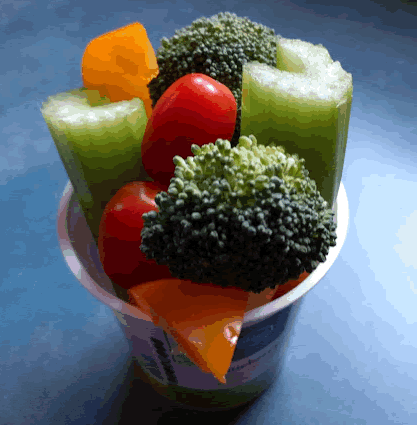 I’ve spent a week pondering how to make this coming Lent count. It has not been a quick or easy discernment. (That’s why last week’s blog was on 6 simple environmental tips. I wanted to share simple stuff before starting on a more rigorous routine.) Are you ready for Lent 2020?
I’ve spent a week pondering how to make this coming Lent count. It has not been a quick or easy discernment. (That’s why last week’s blog was on 6 simple environmental tips. I wanted to share simple stuff before starting on a more rigorous routine.) Are you ready for Lent 2020?
In addition to my usual Lenten commitment of skipping deserts, I ended up with 5 actions I wanted to take to become a better person.
1. Eat a vegetarian diet
2. Avoid single use plastics
3. Use more public transportation
4. Interact more directly with people in need
5. Continue to prune more stuff from my home
My hope was that the above actions would deepen me spiritually by focusing on others and reducing pride.
 However, I wasn’t sure how to keep all these grand goals in focus so they didn’t just fade away. The ideas were broad and often unrelated. (The first 3 connected to my environmental commitment, #4 connected with my desire to serve the poor, and #5 was a realization that I still have stuff that I don’t need. When I die someone else is going to have to go through my stuff and memorabilia. I needed a unifying principle.
However, I wasn’t sure how to keep all these grand goals in focus so they didn’t just fade away. The ideas were broad and often unrelated. (The first 3 connected to my environmental commitment, #4 connected with my desire to serve the poor, and #5 was a realization that I still have stuff that I don’t need. When I die someone else is going to have to go through my stuff and memorabilia. I needed a unifying principle.
I’ve always been fond of Micah 6:8: “To do justice, love kindness, and walk humbly with God.”
My tweak is: DO A DAILY ACT OF KINDNESS TO ANOTHER PERSON, CREATION, MYSELF
– In short: Just Kindness. That’s my vision.
Now I need a plan for how to do at least one act of justice or kindness a day for 40 days.
 1. Eat a vegetarian diet: I typically eat a meat sandwich for lunch. That shouldn’t be hard to change. For dinner we only have meat once or twice a week. No problem, EXCEPT that Jim is usually the cook. I’m in negotiation with him but I can commit to most of the 40 days.
1. Eat a vegetarian diet: I typically eat a meat sandwich for lunch. That shouldn’t be hard to change. For dinner we only have meat once or twice a week. No problem, EXCEPT that Jim is usually the cook. I’m in negotiation with him but I can commit to most of the 40 days.
2. Avoid single use plastics: Because Jim cooks he usually does most of the grocery shopping. Yesterday I had to pick up a few extras and was amazed at how hard it was to avoid plastic wrapping or containers. This will be a challenge but “avoid” is the key word here. I’m not trying for 100%, just trying to reduce. How low can I go? Click here for video clips about plastics.
3. Use more public transportation: Taking the bus is both ecological and puts me face to face with many people who don’t have a choice because they are poor. Thus, it addresses both goal #3 and #4. However, it takes extra time. I work at home so there are not many places I need to go and most destinations involve a transfer. Solution: “More” needn’t be !00%. I think I can commit to doing this at least once during Lent to see how it feels.
4. Interact more directly with people in need: I’ve already committed to tutoring one day a week at a low income school. Once a month I prepare meals and eat with the guests at the Catholic Worker House. I just bought additional Kroger food cards to more regularly give to panhandlers I encounter about 2-3 times a week. Probably one of these things will happen at least 20 days out of the 40.
5. Continue to prune more stuff from my home: On days that 1, 2, 3, or 4 have not happened, I commit to identify at least one item that I no longer need to give away. This also doubles as an act of justice and kindness.
But, how to assure busyness doesn’t prompt procrastination and backsliding?
Here are 2 strategies for developing a habit:
The T.A.G.S. approach
• Tell/Promise someone (I’m telling you now 🙂 )
• Award yourself – find a pleasing prompt to trigger your habit (Your blog comments can help.)
• Ground it in a root value – faith, justice, love. the common good (Check myself during prayer.)
• Small steps (It’s only 40 days. I will survive.)
The S.I.P. approach – How to motivate yourself to change your behavior – a TED Talk by Tali Sharot (watch especially from 9:40-16:48)
• Social incentives
• Immediate rewards
• Progress monitoring
 So what’s this all have to do with YOU?
So what’s this all have to do with YOU?
• Review your own life.
• What practice(s) would you like to turn into positive habits?
• What has helped you in the past? (Let the rest of us know.)